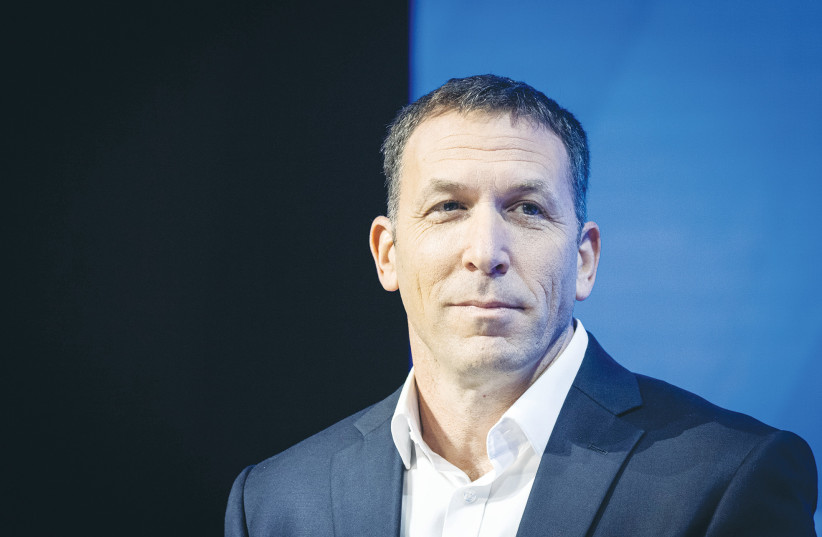Religious Services Minister Matan Kahana submitted his draft of a conversion reform plan to the Knesset on Wednesday, hailing it as a “historic opportunity that cannot be missed.”
Kahana’s reform to the Jewish conversion system in Israel introduces legislation that will enable municipal rabbis to perform conversions. It is an attempt to make conversions more accessible to a large part of the Israeli population, mostly from the former Soviet Union, who are not Jewish according to Jewish law.
As part of Kahana’s proposal, municipal rabbis will be able to create conversion panels within the context of the Conversion Authority.
The conversion reform was coordinated with Rabbi Haim Druckman, one of the most senior and respected rabbinical authorities in the religious-Zionist sector, which supports Kahana’s reform.
The roshei yeshiva (religious school heads) of Yeshivat Har Bracha, Yeshivat Har Etzion, Yeshivat Mahanayim and the hesder pre-military yeshiva in Otniel all publicly expressed support for the reform being pushed by Kahana, of the ruling Yamina Party.
Tani Frank, Director of the Judaism and State Policy Center at the Shalom Hartman Institute and Triguboff Institute, issued a statement in response to the announcement of the Memorandum of Conversion Bill. “The coalition agreement maintains that the new conversion bill would widen the gates of entry for the Jewish people by allowing local rabbis to establish conversion courts while maintaining the courts’ independence. Local rabbis are well acquainted with their own communities and the legislature must empower them to establish vehicles that provide a solution for anyone wishing convert. The window of opportunity that was created, thanks to the composition of the current government, demands that all relevant parties act quickly to settle the matter, while paying attention to the sensitive issue of "Who is a Jew", in dialogue with various Jewish communities in Israel and the Diaspora”.
Despite support from the religious Zionists, the reform has received political criticism from the haredi (ultra-Orthodox) factions in the Knesset and most notably, Ashkenazi Chief Rabbi David Lau, who in December threatened to stop approving all conversions if the reform is passed.

Lau claimed that the reform plan would cause a “significant rift” among the Jewish people and would require future generations to deal with the difficult question of “Who is a Jew?”
The chief rabbi has also called the Yamina minister’s plan a “spiritual disaster and a serious injury to the Judaism of the State of Israel.”
Lau also opposed plans to end Rabbi Moshe Weller’s role as head of the Conversion Authority, saying that listening to the chief rabbi is Weller’s role.
“Close to half a million Israeli citizens are considered non-Jews according to the Halacha [Jewish law]. Ignoring this situation harms the Jewish identity of the State of Israel and is the main cause of assimilation,” Kahana said in a statement on the drafting of the conversion reform bill on Wednesday.
“The bill I drafted today, along with other plans we will advance in the future will cause a significant rise in annual conversion requests,” the religious services minister added.
Prime Minister Naftali Bennett’s cabinet will vote on the reform in three weeks’ time.
Tzvi Joffre and Jeremy Sharon contributed to this report.
